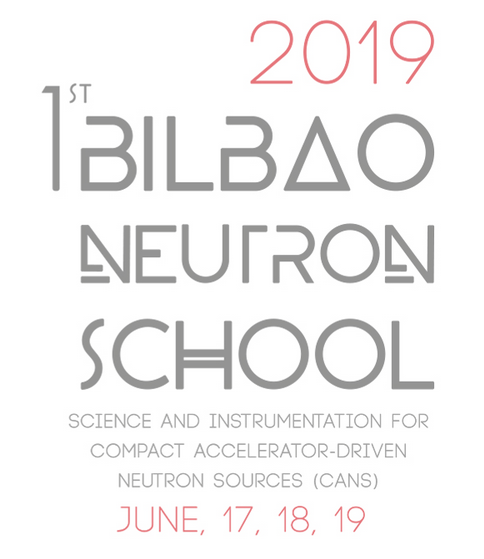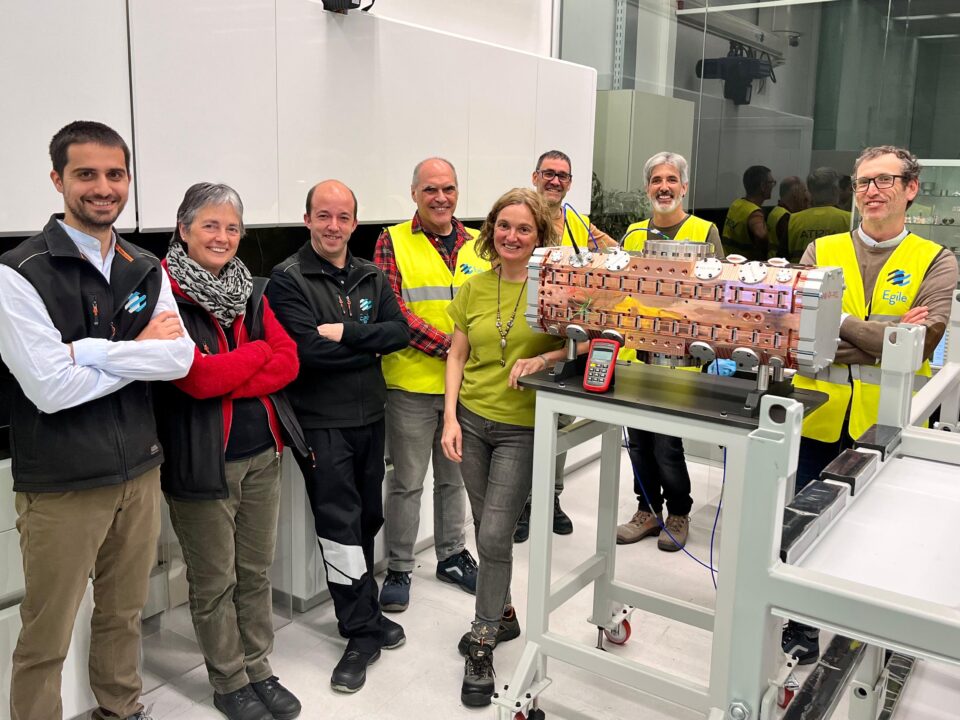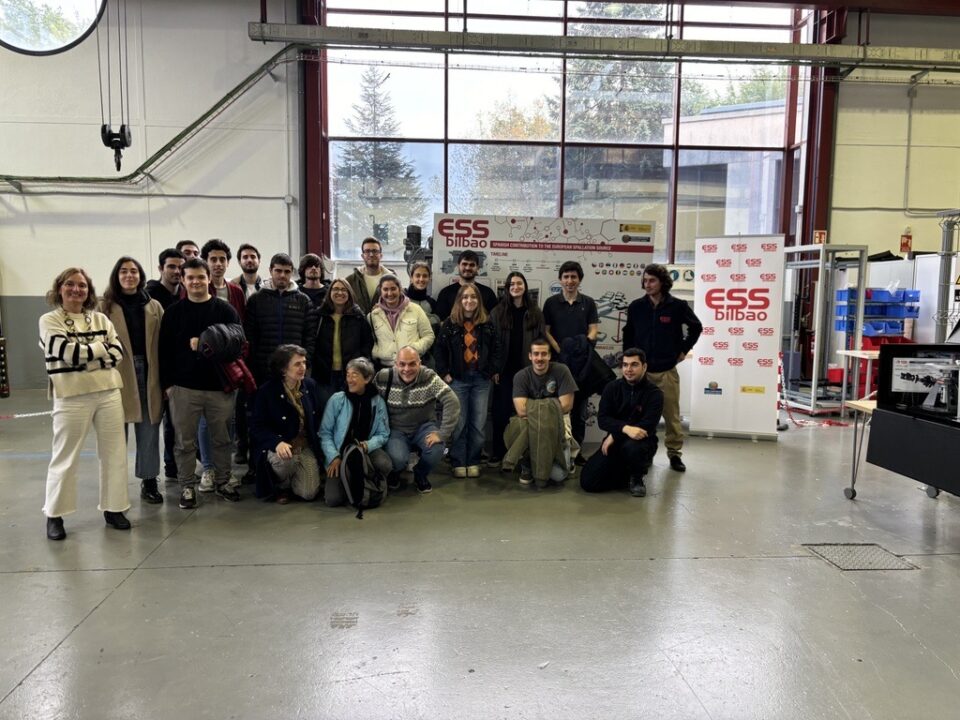The Campus of the UPV/EHU headquarters of the first School of Neutrons held in Bilbao

ESS Bilbao https://www.essbilbao.org, and BC Materials www.bcmaterials.net, are the organizers of the first Bilbao Neutron School, BNS2019, www.BNS2019.org that will be held for 3 days in the Scientific Park of the UPV/EHU, Campus of Leioa. The School will bring together more than 60 people, including scientific experts and students interested in the development of neutron instrumentation and research. The list of professors, of eight nationalities, comes from the main research centres in Europe. Students, also from different countries of the world, will have the opportunity to train in neutron science and technology with specific applications for the use of Compact Accelerator-driven Neutron Sources (CANS). This new type of infrastructures will enable much broader and easier access to high-brilliance neutrons independent of the existing neutron sources and improve the problem of continuous overbooking at the current sources. Large universities or research centres will be able to host their own neutron institutes presenting new opportunities to perform neutron science, prepare experiments for large facilities, train students and develop instrumentation. The focus of this specialized school is in science and instrumentation adapted to CANS.
Neutrons are a unique probe to study structure and dynamics of matter. Large neutron scattering facilities are based on nuclear reactors or spallation neutron sources. However recent advances in accelerator technology and neutronics design have made possible the construction of high brilliance neutron sources based on low energy proton accelerator, that will be able to play a significant role in future neutron science and technology.
Traditionally, neutron sources are optimized to deliver highest neutron current/flux. In contrast, CANS aim at maximizing the brilliance of single neutron beams. Many science and industry cases mostly require maximization of the neutron beam brilliance. Furthermore, low and medium power sources offer also the advantage of lower high energy background than spallation sources, allowing optimized signal to noise instrument design. Using low energy nuclear reactions, the entire chain from ion source through accelerator, target, moderator, reflector, beam extraction, beam transport (guides and choppers), instrument design up to the detector can be optimized efficiently. This allows a very versatile design of instruments for imaging, diffraction, large scale structures and spectroscopy to be hosted, serving individual requirements of user communities thus bringing neutrons to scientists and engineers and strengthening access on a local and regional scale.
Several CANS projects are currently under design or envisaged in Europe: HBS project (FZJ, Germany), SONATE project (LLB & CNRS, France), Martonvásár CANS project (Wigner, Hungary), Legnaro target project (INFN, Italy) and ESS Bilbao project (Spain). All these projects are designing both the machine (accelerator, targets and moderators) and the set of individual optimized instruments that will be finally constructed and operated. These instruments will have to be designed attending the parameters of the source and with the aim of giving the optimum performance for the facility.
The BNS2019 will be, among all the Neutron Scattering schools currently offered in Europe, the only and first one focused in science and instrumentation for CANS facilities. The School aims at educating graduate, PhD students and young researchers on neutron scattering techniques and on the neutron instrumentation design focused on CANS. Participants will be exposed to the basics of neutron scattering, neutron sources, techniques, instrumentation. Lecturers, from CANS projects, international research facilities and university, will address basics on neutron scattering, concepts about neutron sources, design of instrumentation for neutron scattering at CANS, detectors and sample environment equipment, and applications of neutron techniques. The School aims to build interactions between graduate students, new projects for CANS facilities, large neutron scattering facilities and university groups.
The BNS2019 has the support of industrial companies as main sponsors and also is supported by European projects such as SINE2020, https://www.sine2020.eu/ and BrightnESS2, https://brightness.esss.se/
For further information:
Sira Cordón
608 01 33 24






